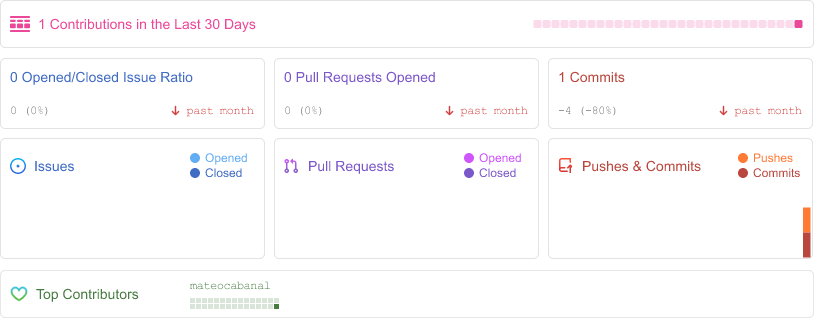23 releases
| 0.5.0 | Nov 7, 2024 |
|---|---|
| 0.4.0 | Jul 4, 2024 |
| 0.4.0-rc5 | Dec 7, 2023 |
| 0.4.0-rc3 | Oct 14, 2023 |
| 0.2.7 | Jul 1, 2022 |
#1598 in Network programming
102 downloads per month
15KB
138 lines
HTTP SERVER
Live Demo
The "tinyhttp" crate contains none of the internal code due to the procedural macro crate depending on data types on the internal crate.
Speedy HTTP server built purely in Rust. Comes with built-in GZIP compression and HTTPS support.
Uses procedural macros for easy API building.
Performance
On a Raspberry Pi 4 with ethernet, tinyhttp is able to serve around 15000 requests per second
This was tested with go-wrk
Examples
Example :
use std::net::TcpListener;
use tinyhttp::prelude::*;
#[get("/")]
fn get() -> &'static str {
"Hello, World!"
}
#[post("/")]
fn post() -> &'static str {
"Hi, there!"
}
// Example 1: Can return anything that implements Into<Vec<u8>>
#[get("/ex1")]
fn ex1_get() -> &'static str {
"Hello World!"
}
// Example 2: same as example 1, but takes a Request as an argument
#[get("/ex2")]
fn ex2_get(req: Request) -> String {
let accept_header = req.get_headers().get("accept").unwrap();
format!("accept header: {}", accept_header)
}
// Example 3: takes a Request as an argument and returns a Response for more control
#[get("/ex3")]
fn ex3_get(req: Request) -> Response {
Response::new()
.status_line("HTTP/1.1 200 OK\r\n")
.mime("text/plain")
.body(b"Hello from response!\r\n".to_vec())
}
fn main() {
let socket = TcpListener::bind(":::9001").unwrap();
let routes = Routes::new(vec![get(), post(), ex1_get(), ex2_get(), ex3_get()]);
let config = Config::new().routes(routes);
let http = HttpListener::new(socket, config);
http.start();
}
Dependencies
~2–11MB
~128K SLoC
